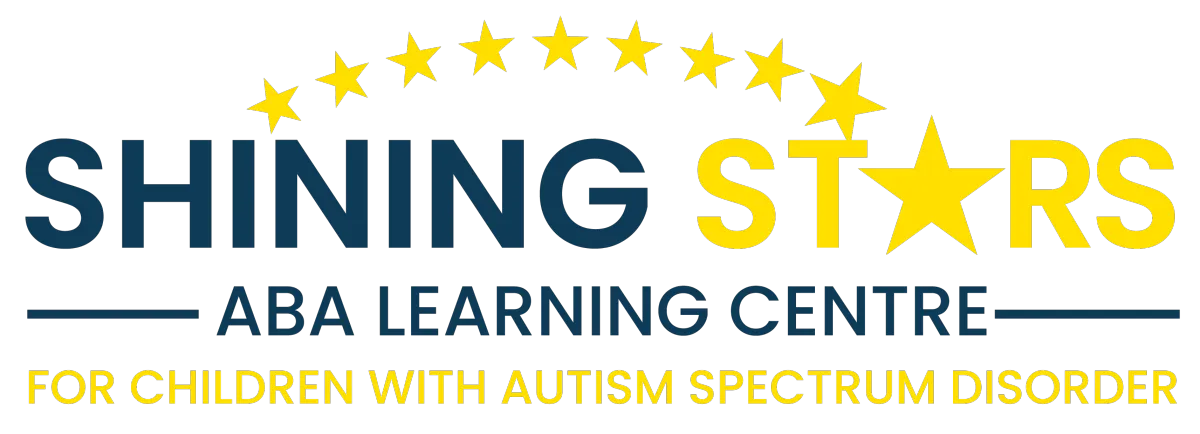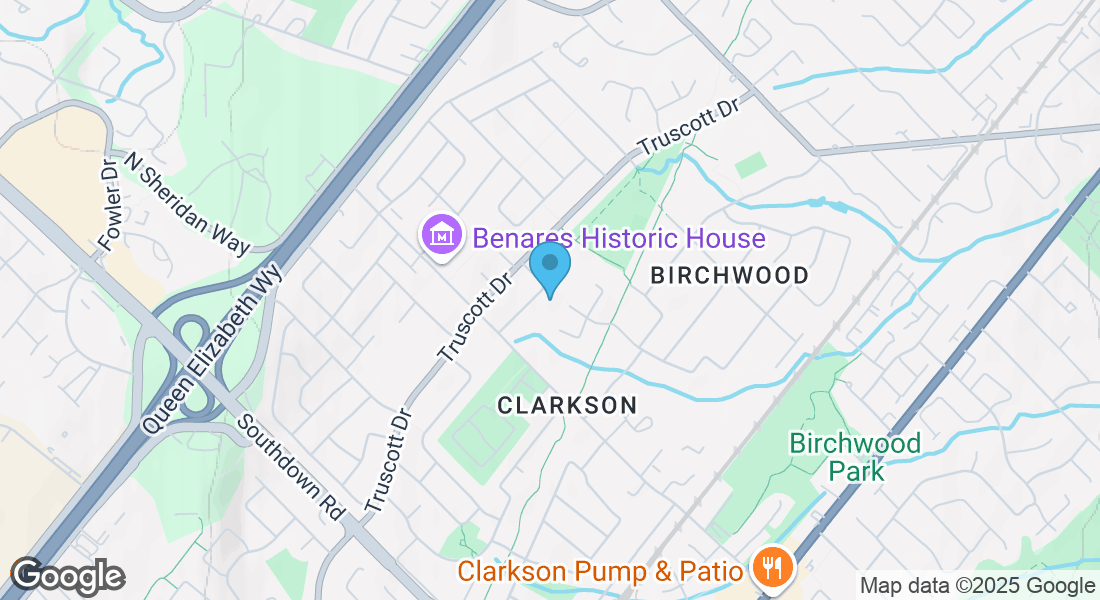BLOGS & PUBLICATIONS
Read. Learn. Share.

Recognizing Early Signs of Autism in Young Children
Early detection of autism spectrum disorder (ASD) is essential in helping children reach their full potential. Recognizing the early signs of autism allows parents and caregivers to take action, ensuring timely access to autism diagnosis and developmental resources. Early intervention significantly improves communication, social skills, and overall quality of life for children with autism.
What is Autism Spectrum Disorder (ASD)?
Autism Spectrum Disorder (ASD) is a developmental condition that affects how children communicate, interact socially, and behave. It is characterized by challenges in these areas, as well as repetitive or restrictive behaviours. Autism exists on a spectrum, meaning the severity and combination of symptoms vary for each child. Identifying these differences early through a professional autism diagnosis can positively influence a child’s developmental journey.
Common Early Signs of Autism in Young Children
The early signs of autism often emerge between 18 months and three years of age, though some developmental differences may appear earlier. Recognizing these signs can guide families toward seeking an autism diagnosis and appropriate support.
Key Early Indicators of Autism:
Limited Eye Contact: Minimal or absent eye contact during interactions.
Delayed Speech and Language Development: Difficulty babbling, forming words, or constructing sentences at typical milestones.
Reduced Interest in Social Interaction: Preference for playing alone or limited engagement with others.
Repetitive Behaviours: Examples include hand-flapping, rocking, or repeatedly lining up objects.
Sensory Sensitivities: Overreacting to sounds, textures, or lights, or showing an unusual fascination with sensory experiences.
How Autism Affects Development
Understanding how autism impacts specific areas of a child’s development can help parents and caregivers spot red flags early.
Social Development:
Limited engagement with peers or caregivers.
Difficulty sharing focus, such as following someone else’s gaze or pointing at an object together.
Communication Development:
Delayed speech, such as not speaking single words by 16 months.
Difficulty using or understanding non-verbal communication, including gestures like pointing or waving.
Behavioural and Sensory Symptoms:
Resistance to changes in routines or environments.
Strong aversions or attractions to particular textures, sounds, or lights.
Why Early Autism Diagnosis is Crucial
An early autism diagnosis opens the door to tailored interventions that support a child’s growth and development. Early recognition can lead to better outcomes in areas such as education, communication, and social interaction.
Benefits of Early Diagnosis:
Access to therapies like speech-language therapy, occupational therapy, or applied behaviour analysis (ABA).
Improved social and daily living skills.
Emotional and practical support for parents and caregivers navigating autism-specific challenges.
With early recognition, families can also connect to community resources, financial support, and specialized programs that address their child’s unique needs.
What to Do if You Suspect Autism
If you notice early signs of autism in your child, it’s important to act promptly.
1. Consult Your Child’s Pediatrician: Share your observations and discuss concerns about developmental milestones.
2. Seek Developmental Screening: Request an initial screening from your healthcare provider to identify potential delays.
3. Arrange a Comprehensive Autism Diagnosis: Engage a multidisciplinary team, such as psychologists, speech therapists, and occupational therapists, to confirm the diagnosis and recommend interventions.
Dispelling Common Myths About Autism
Myth: Autism cannot be diagnosed in young children.
Fact: Signs of autism can be detected as early as 12 to 18 months, and screening tools are effective for identifying developmental delays.
Myth: All children with autism display the same symptoms.
Fact: Autism symptoms vary widely, and every child’s experience is unique.
Taking the Next Steps
Recognizing the early signs of autism and seeking an autism diagnosis can make a profound difference in a child’s life. If you suspect your child may be showing signs of autism, consult a healthcare provider or contact Shining Stars Support for a consultation.
With early support, your child can achieve their developmental milestones and build a foundation for a bright future. Let us guide you through the first steps of this journey
Testimonials
What Parents Are Saying
Aisha

"Rania is exceptionally nice and a vibrant lady. I was pleased with all of the tips and personalized information given to help my son. I am extremely pleased with his progress. She is very talented, delighted and a dedicated, supportive and patient tutor."
Lisa

"I highly recommend Rania Ghobrial to anyone looking for fun, effective and knowledgeable support for their child. Rania's passion for children is evident in her interactions with them and her knowledge base is extensive. We are so happy to have her join our team!"
Bonnie

"My daughter has been going to Shining Stars for about 10 months and I could not be happier with her progress. Everyone there is just so amazing. She loves attending and I just love how much she enjoys it. I just wish I had found this wonderful place sooner"

